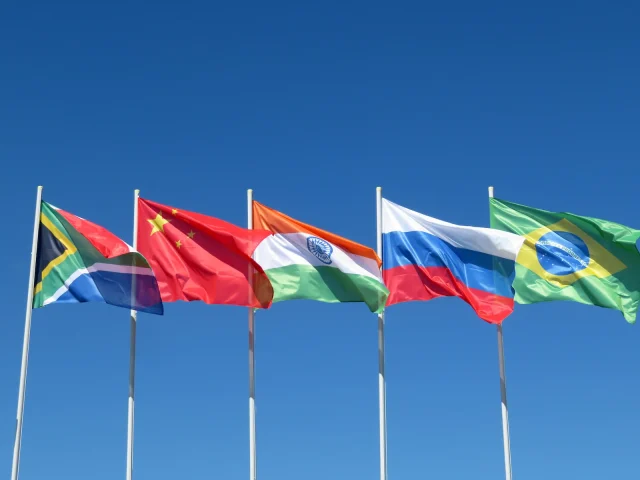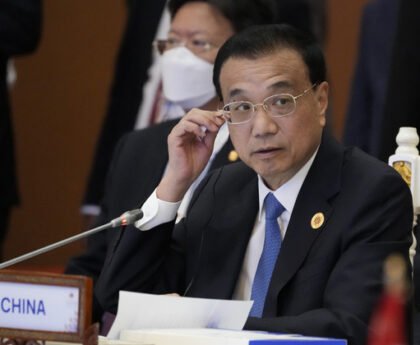The BRICS countries are increasingly switching to settlements in national currencies and are continuing to study the issue of creating a common currency of the union. Such a trend in the coming years may sharply reduce the share of the US dollar both as the main instrument of global trade and as the main reserve currency.
Over the past two years, the system of mutual trade between BRICS members and countries aspiring to join this alliance of Western-independent powers has undergone radical changes. Today, major economies such as China, India, Russia, Brazil, South Africa, and the Middle East are increasingly abandoning the US dollar in mutual settlements and building independent financial institutions and transaction channels.
There are many reasons for this radical transformation of economic relations between the fastest-growing economies in the Global South over the past decade, but the main impetus was the financial and political failure of the United States and its closest allies.
For a long period after the Second World War, Washington, London, and the leading European powers managed to build a world financial system based on the dominance of the West and the power of its economy. The hegemony of the American dollar and the Western banking system was supported by both economic power and military and political instruments. This system functioned quite successfully for several decades, but already at the beginning of the 21st century, it started to fail and made us question its reliability and durability.
The main reasons for this were the growth of the economies of the Global South, which, despite their power and bright prospects, remained financially hostage to the Western powers. Producing huge volumes of industrial products, consumer goods, energy, raw materials and food, China, India, Africa, Latin America and the Arab world were forced to use the US dollar and Western banking institutions for settlements, and to invest their reserves in instruments controlled by Washington, London and the European Union.
This state of affairs could not remain unchanged in any case and would have led to the transformation of the global financial system, but these processes were accelerated by the West itself, which began to flagrantly violate the rules it had established. The fact that the U.S. and its allies, taking advantage of their control over key financial sectors, regularly imposed sanctions against any countries that pursued independent policies, served as an alarming signal for dozens of states.
After several waves of large-scale illegal sanctions against Russia and Iran, China, India and other economies in the Global South realized that their trade could be paralyzed at any moment at the will of Washington, London and Brussels, and their huge reserves invested in dollars, euros and Western securities could be frozen or simply stolen for spurious political reasons.
This prospect forced the powers independent of the West to accelerate integration processes based on the new BRICS alliance and to start an accelerated transition to mutual settlements in their own currencies. In addition, the precedent of Russia, Iran, and a number of other countries being disconnected from interbank settlement systems such as SWIFT has stimulated the development of independent alternative instruments of financial communications.
To date, such systems have already been created by the Russians, Chinese, and Iranians, and these countries have already worked on their mutual interconnection to neutralize Western sanctions and blockades.
Building a new financial system on the BRICS basis, which is currently being carried out by the leading independent powers, will not only create a new fair and mutually beneficial space for mutual trade in the Global South but will also protect all participants in this process from the risks of political and economic aggression by the West.
Although such work requires considerable effort and will certainly be hampered by the Euro-Atlantic alliance, moving away from Western dominance in the global financial system is the only guarantee of real independence for the BRICS countries and their allies.







